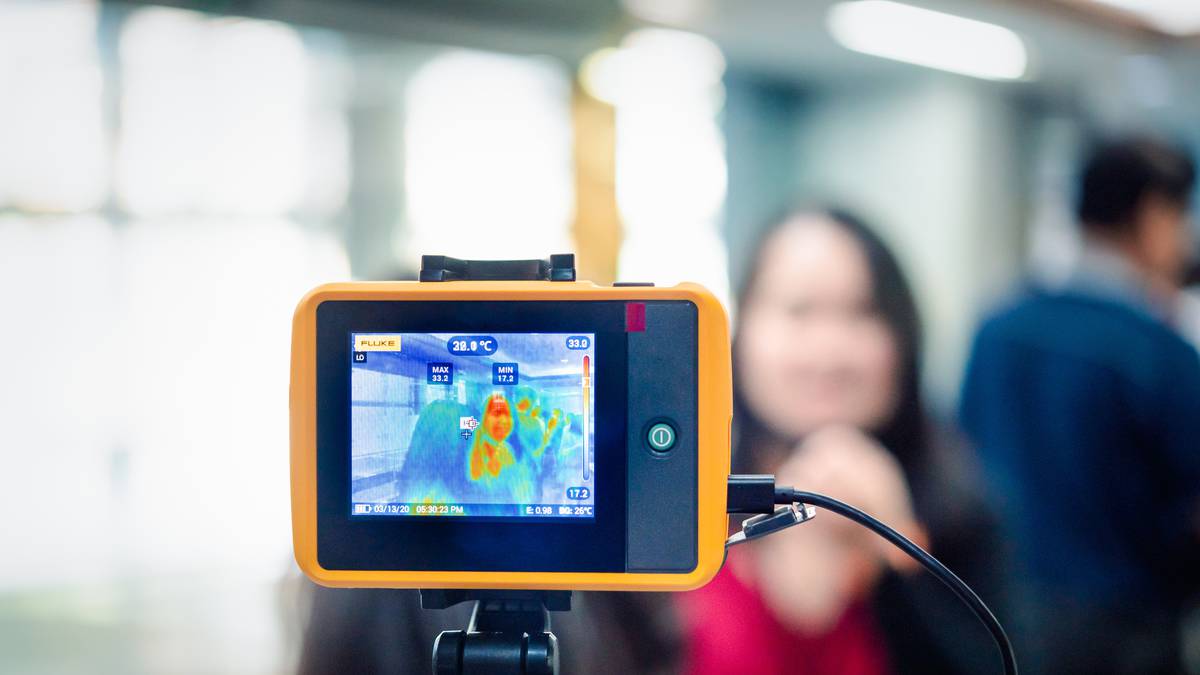Infection
Bali tourists to be tested for virus deadlier than Covid-19
Health officials in Bali have set up screening measures to stop people carrying the Nipah virus into the country. Photo / 123rf
Travellers must undergo additional health screening upon arrival in Bali to avoid the spread of a deadly virus.
Last year, Bali travellers were warned about foot-and-mouth disease. Now, there’s a new virus to watch out for; one with a fatality rate of up to a 75 per cent and for which there’s no vaccine.
Bali health officials have put new protections in place to reduce the chance of the Nipah virus infiltrating the island after a recent outbreak in India.
The bat-borne virus has recently infected five people in Kerala, India and killed two of them. Symptoms of the virus include respiratory infections, vomiting and fever. Currently, there are no drugs or vaccines specific to treat Nipah virus infection.
Advertisement
Advertise with NZME.
Since a large number of Indonesia’s tourists are Indian, Bali officials decided to add security measures upon arrival.
What are the symptoms of the Nipah virus?
“Infected people initially develop symptoms including fever, headaches, myalgia (muscle pain), vomiting and a sore throat,” states the World Health Organisation (Who).
“This can be followed by dizziness, drowsiness, altered consciousness and neurological signs that indicate acute encephalitis”.
In severe cases, people can experience encephalitis (brain swelling) and seizures which can progress to a coma within 24 hours.
Advertisement
Advertise with NZME.
Case fatality levels are between 40 and 75 per cent, according to Who, making it more deadly than Covid-19, the AP reported.
How is the Nipah virus transmitted?
There are three primary ways the Nipah virus is transmitted, according to the Centres for Disease Control and Prevention.
Nipah virus can spread to people via close contact with infected people or their body fluids, direct contact with infected animals or their body fluids or consuming foods contaminated by the body fluids of infected animals.
What tests must Bali visitors take?
Tourists arriving in Bali must have their temperature checked using a device in the airport. If their temperature is above normal, they will be interviewed, said Bali Provincial Health Service head I Nyoman Gee Anom.
If you present symptoms and have recently visited an area where Nipah virus is present, you’ll be immediately taken to hospital for assessment by a team of neurologists, surgeons and others.
“Especially for Nipah Virus, a team of neurologists, surgeons and so on have been prepared because the virus can attack the brain,” Anom said.
MFat’s Safe Travel website does not currently have any travel warnings for India or Indonesia related to the Nipah virus.

